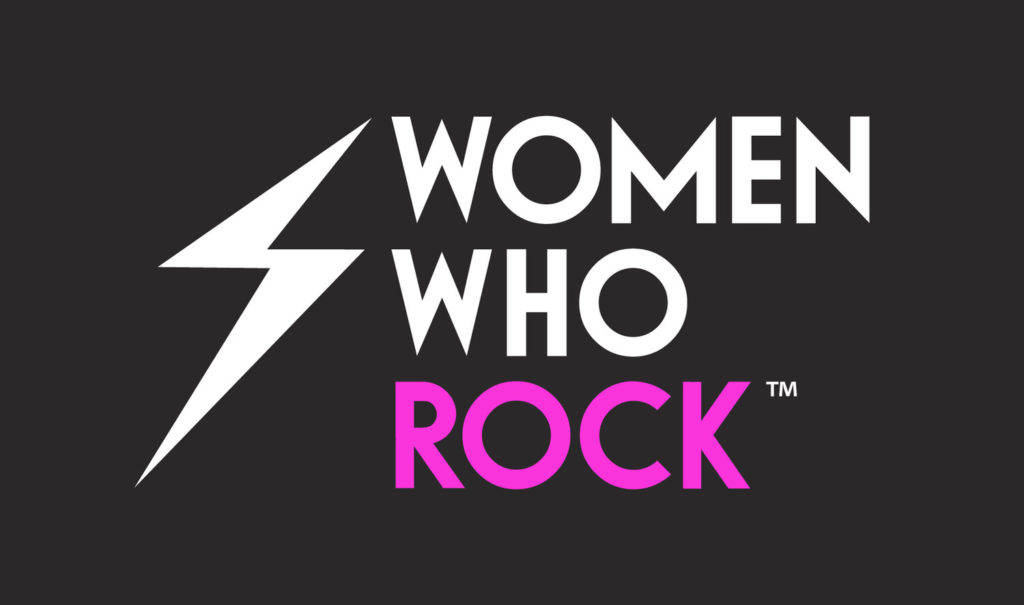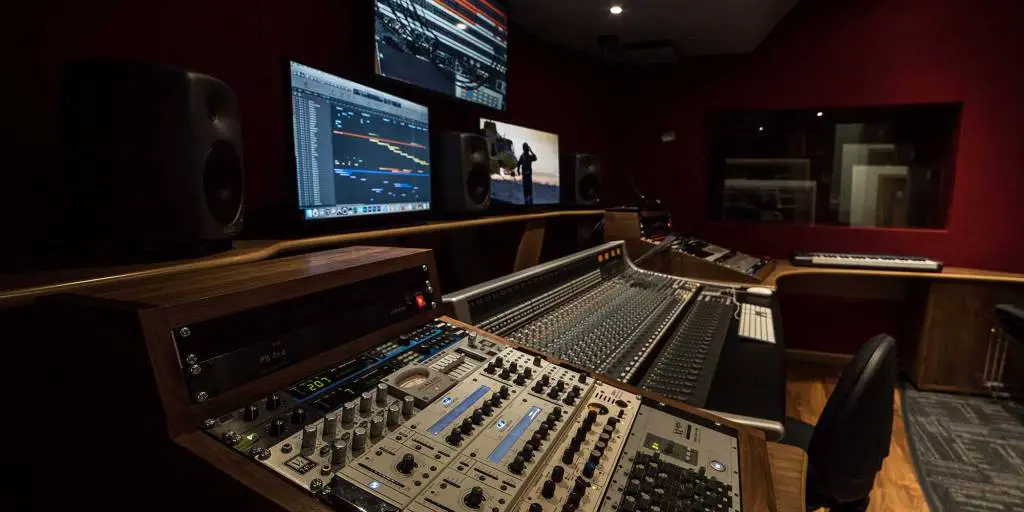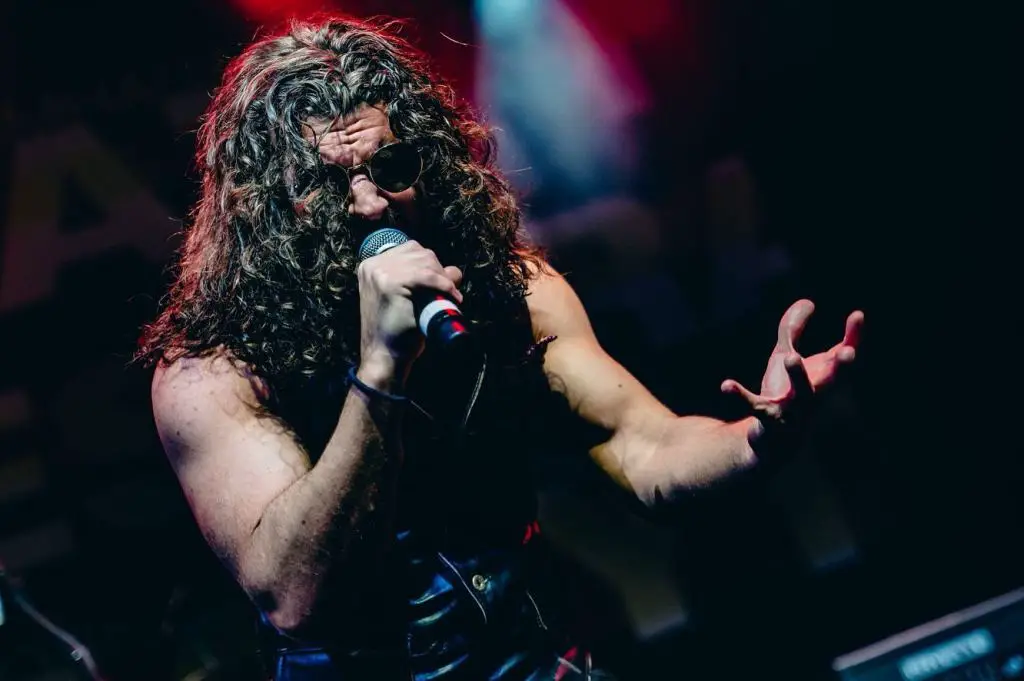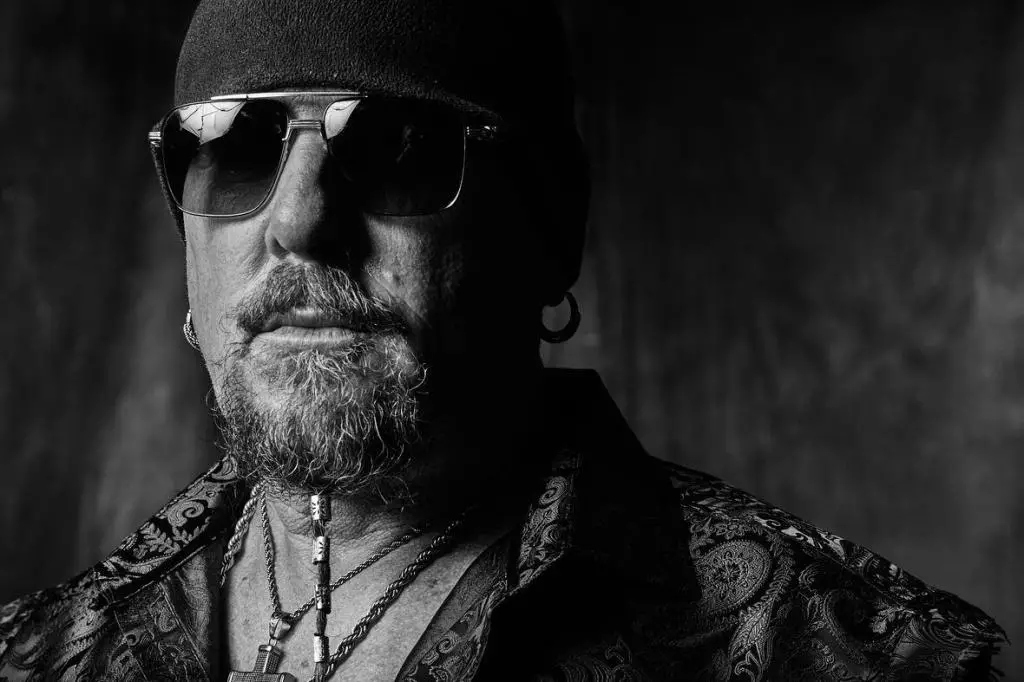All images courtesy of Women Who Rock
This week, we are celebrating women in music, and in our community. This week, I “sit down” with the founder of Women Who Rock, Melinda Colaizzi. Last month, I wrote an article centered around the contributions of women in music over the last half-century, the inspiration for which was inspired by the incredible organization, Women Who Rock. You can read my article here. After the article was released, Women Who Rock was kind of enough to pick it up, and publish it on their website as well. I reached out to Melinda directly, and she was kind enough to grant us an interview.
The team at Vinyl Writer would like all the women out there to know that you are valued, respected, and will always have a safe space here, and so this week’s edition is expressly dedicated to you. I truly enjoyed the opportunity to interview Melinda, and I urge you all to check out Women Who Rock, as they are doing some incredible work by both empowering women, and in the field of women’s health. You can check out their website here. Lastly, but certainly not least, Melinda is also a working and touring musician! She fronts a great band called Melinda and the Night Sky. You can check out their music here. I hope you enjoy getting to know Melinda as much as I did!
Andrew:
What moment had an influence on your decision to establish Women Who Rock? If it was a series of moments, tell us about those.
Melinda:
As a musician myself, I played a lot of gigs and festivals where I was the only woman on the bill, and I started looking around and found the statistic that only 19% of the average music festival lineup were female-fronted or solo acts. I decided it was about time that we had a 100% female-fronted lineup.
Then after moving back to my hometown Pittsburgh, PA, I discovered that we were the home of Magee-Women’s Research Institute (MWRI), the nation’s largest research institute dedicated to women’s health. I also discovered that women’s health was understudied and faced some of those same underrepresented stats that women in music did. After learning more about how much women’s health research and issues needed a voice, I thought music was the perfect way to amplify both of these issues.
Andrew:
You have a history in the music industry as an executive and as an artist. Tell us about those experiences, and how they influenced you to start Women Who Rock.
Melinda:
When I found that 19% festival statistic Pitchfork published, I knew we could do better. Just here in Pittsburgh alone we have so many talented female musicians and yet none of them play the big shows consistently. It was always a boy’s club. For the first year of WWR, I pulled together some stellar local talent to put on that concert. And every year since we have always featured outstanding local acts along with our big-name acts like Sheila E. and Ann Wilson of Heart. That’s so important to me, to make sure I’m shining a spotlight on local talent from my hometown.
Andrew:
In your bio, there is a section that talks about how you were a part of festival lineups as the only female artist. What was that like, and how did those experiences shape where you are today both in Women Who Rock and as an artist?
I never let anything stop me, but it did make me want to fight harder for equality in the industry and let women know to always use their voice, whether it was in the recording studio, on stage directing their band, asking for fair pay when booking their shows, or in the doctor’s office.
Andrew:
You have your own personal experiences with women’s health issues, and you’ve championed women’s health as a part of your organization as a result. What can you tell us about women’s health, how it’s been represented in the past, how it’s being represented in the now, and how Women Who Rock is helping to shape its future?
Melinda:
Women’s health continues to be understudied. Women’s bodies are obviously very different from men’s, yet most health research has sidestepped sex differences, studying men and applying the findings to women, not taking our differences into account. Not hormonal balance, weight, and size, not metabolism.
Magee-Women’s Research Institute does work and conducts research that informs women’s health institutions all over the world and has 380 scientists, physicians, and staff, and 192 studies enrolling 162,000 women in clinical trials all over the world.
They are changing the way the world treats women every single day.
Andrew:
One of the things I personally love about Women Who Rock is the marriage of championing women in music and raising women’s health awareness. What inspired you to tie music and women’s health together, and what can we all do going forward to ensure women are better represented in both those fields?
Melinda:
Thank you! I felt since both women in music and women’s health were so underrepresented, the power of music could help tell this story and make a huge difference.
There are so many different ways people can help. You can buy a ticket to Women Who Rock, buy merch when our line is available this fall, and make a direct donation to MWRI, all of that will ensure that they can keep doing their incredible, life-saving work.
We have all been affected by COVID, but non-profits that rely on year-round fundraising events are really struggling. We had to cancel WWR this year and not raise that money and awareness for Magee-Women’s Research Institute, but our event was only one of many. WWR 2021 is on the horizon, but in the meantime, we still need your support.
Andrew:
More on the Women’s health aspect. My wife, Angela is a nurse, and she happens to work in research, so this part of what you do is near and dear to me. What can you tell us about the Magee-Women’s Research Institute, and why is the work they’re doing so important to you and to Women Who Rock?
Melinda:
Your wife is a rockstar as are all of the doctors and nurses and frontline workers right now, so thank you! She is a real hero for all of us.
Like I mentioned, their work has a global impact. From woman-controlled HIV protection to therapies that could prevent the recurrence of ovarian & breast cancer, the team at Magee-Women’s Research Institute is impacting lives around the world every day.
At our WWR Benefit Concert, we present the Women Who Rock Impact Award, and last year our award recipient was Dr. Sharon Hillier, an internationally recognized microbiologist at MWRI whose work has influenced an entire field of research based on the intersection of women’s health and HIV prevention.
Scientists are the new rockstars! You know, we always say that women make up 50% of the population but carry 100% of the future. So really, women’s health is the basis of health for all of humankind.
Andrew:
Charlotte Wessels, the lead singer of Delain, is very outspoken about doing away with the term “female-fronted metal.” Do you agree with eliminating this distinction? Do you think it would help women in music continue to move forward and demolish gender bias?
Melinda:
I believe that that is the end goal. My whole mission with WWR is to someday not have to have it. Not have to create a space where female musicians are celebrated and empowered. That is not where we are now. Until lineups are 50% female musicians, until women in the industry are stopped being treated differently, until people seeing a woman behind the board stops being a surprise or a novel experience then we still need spaces to empower women. But it’s all in the hopes of and with the end goal of getting there, and it not being needed anymore.
A few weeks ago, we celebrated 100 years of women having the right to vote. 100 years ago, women’s suffrage was a huge deal. It had to be because it didn’t exist. Women’s right to vote was talked about so much, and eventually, it became commonplace and it just became “voting.” Same for everyone. I hope one day we can just have “musicians,” just have “concerts,” and it is implied that everyone is included, and no distinction will HAVE to be made.
Andrew:
Shifting gears: you’re an artist yourself, and you’ve made some really cool music. What’s your relationship with music been like? What inspired you to want to make music?
Melinda:
I knew from a very young age that music was my calling in life. It has inspired every major decision in my life and has gotten me through some tough times.
I will never stop making music because it’s part of who I am.
Andrew:
I know this is a broad question, but who are some of your favorite artists? When I listened to some of your work, the first thing I thought was this has a lot of depth and soul, but it’s not “Soul” music. Who has influenced you the most?
Melinda:
Some of my favorite artists are Bonnie Raitt, The Rolling Stones, Prince, Lucinda Williams, Etta James, Aerosmith and the list goes on…
You know I’ve always felt like my voice was fit more for Soul music, which I love, but I tend to gravitate towards more of a Rock instrumental foundation. And especially with the new music my band is releasing this fall, I think the backbeat of it does have more of a Motown feel, and these tracks really felt natural and effortless when we were in the studio. I’m a huge fan of Blues music, which has so much emotion and soul, so always carry that inspiration with me when writing and recording.
Andrew:
Do you collect records? CDs? Tapes? Or, are you all digital now? Regardless, what are some of your favorite songs, and albums, or ones that will always be special to you for any reason?
Melinda:
I wouldn’t call myself a collector, but I do frequently visit record stores and have some great vinyl records. If I had to pick one album, my all-time favorite would probably be Exile on Main St. by The Stones.
I have a few Blues albums I love on vinyl including Albert King’s Born Under A Bad Sign and would love to get my hands on a few more traditional Blues albums, which can be hard to find.
Andrew:
Once COVID-19 calms down, do you have any plans to play any shows, or go out on tour? Can we expect an album from you soon?
My band Melinda and the Night Sky just released a new single called ‘Say What You Mean’ on September 4th which is streaming now on Spotify and all of the major streaming sites. We have another new single dropping on Friday, October 2nd.
Andrew:
Last question. What inspires you most? Both as an artist, and as the founder of Women Who Rock? Is there anything else you want us all to know?
Melinda:
Strong women inspire me. Janis Joplin, Stevie Nicks, Bonnie Raitt, Sheila E. – women who relentlessly carved out a place for women in music like me to exist in. Strong women like my Mother, or our WWR committee member Yolanda Murphy who is a young breast cancer survivor, and women all over the world who are cancer survivors.
Women who fought hard for their lives and won. These women are the reason that Women Who Rock exists and who Women Who Rock is for. I can only hope that my work continues to create a space for more of these women in the future and continues to inspire people.
So, that concludes my interview with Melinda from Women Who Rock. I urge you to head over to their website here and check out some of the amazing work they are doing. It’s been a hard year for us all, and with the holidays coming, and the giving spirit moving in, I’d like you to remember that non-profits like Women Who Rock need your help. Donating to a good cause is never a bad thing. If it’s something that you’re interested in, you can help by heading here. Cheers!
Dig this interview? Check out the full catalog of Vinyl Writer Interviews, by Andrew Daly, here: www.vinylwritermusic.com/interviews






Leave a Reply